Tompos awared for poem “Cyanide”
Nicole Tompos, a double major in Communication Arts and Literature Teaching as well as English: Writing Emphasis, took first place in the poetry category of the 2020 Winona Prize in Creative Writing with her poem “Cyanide.” Tompos’s poem will be published in Winona State University’s annual literary and arts magazine, “Satori.”
March 4, 2020
For the fifth year, Winona State University’s English department presented the Winona Prize in Creative Writing and awarded Nicole Tompos for poetry and Dahlia Garofalo for both fiction and non-fiction.
Nicole Tompos, a senior at Winona State majoring in communications in arts and literature teaching and an English writing emphasis, had the winning poem called, “Cyanide”.
“It’s a poem about suicide,” Tompos said. “I have a background in the National Guard, and that poem was kind of born from one of my battle buddies who committed suicide.”
Tompos did not write the poem right after the death but wrote it a month or two later with the inspiration and desperation of her own struggle with mental health.
Tompos spoke about her personal struggle with mental health and her own struggle with thoughts of suicide.
“There’s a line about the orchard joining the garage and being something that I couldn’t own and it’s in there because my initial thoughts before my friend died was that I was going to gas myself in a garage,” Tompos said. “But I couldn’t do that because I don’t own one.”
Tompos’ poem created a powerful statement in the battle of mental health and the lives of those who were lost to it.
Elizabeth Oness, English professor at Winona State talked about the content of both Tompos’ and Garofalo’s winning pieces.
“Writers are people who have explored tough subjects, whether it’s in fiction or poetry or an essay and tried to delve below what we might call the soundbite culture that we’re in,” Oness said. “That requires a certain kind of wrestling and reckoning.”
Tompos is an example of a writer who has endured many tough subjects and writes many of her experiences down in poetry form.
“I write about things that happened to me, like my experiences with family stuff that happens, sometimes it takes me a while to process, but I end up putting that into poetry somehow or if I’m really angry at someone sometimes I’ll storm off and write a poem,” Tompos said.
Tompos claims her poetry helps to express deep feelings and hopes that it can also help others who are struggling with mental health.
“I think everybody has stuff to say and can relate to things and if it wouldn’t have been for me reading stuff in middle school that really resonated with me and really helped me so I would love to be that person for someone even just a little bit,” Tompos said.
Tompos plans to ask the Satori group that will publish her poem in the newest production to add a special dedication in the poem for her unit member and plans to donate some of the money she won from the contest to an organization that supports mental health.
Tompos offered her insight, encouraging anybody who struggles with mental health to seek support.
“It’s important if you’re struggling to try to seek help and it can be isolating and hard and you might not want to, but it’s important to try and reach out,” Tompos said. “If you do that, I guarantee you there will be someone there to help.”
The opinions expressed in this paper are not necessarily those of Winona State University, the Minnesota State Colleges and University system, or the Winona State University student body.























































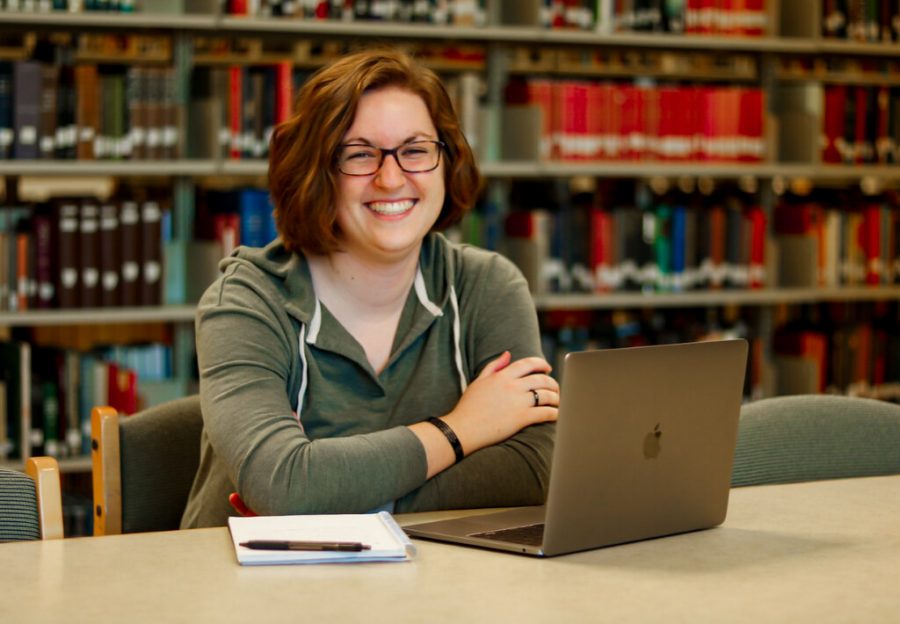





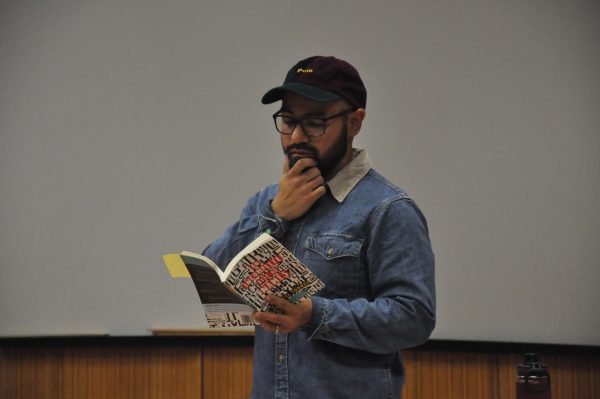

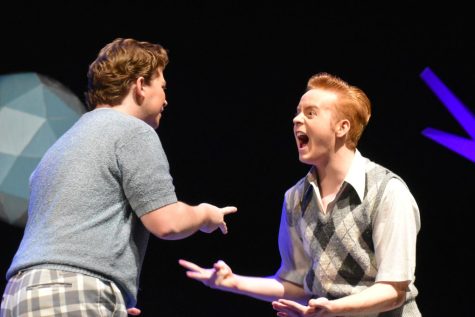
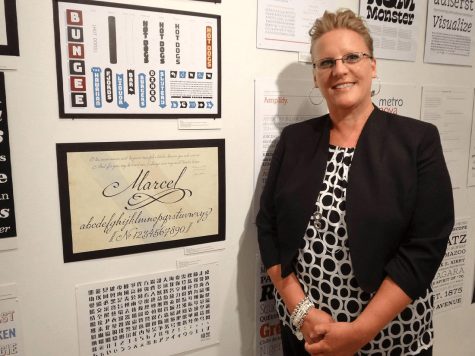
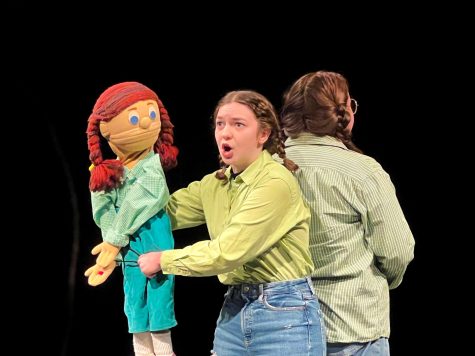
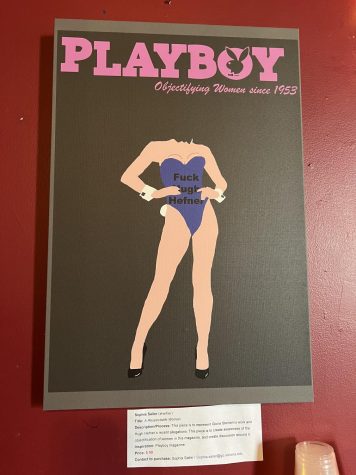
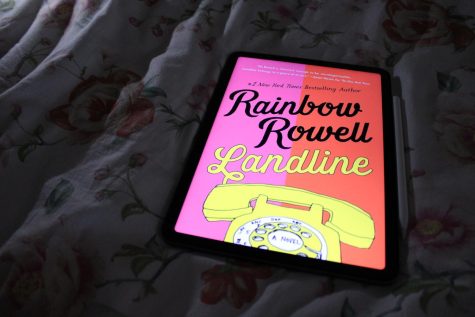
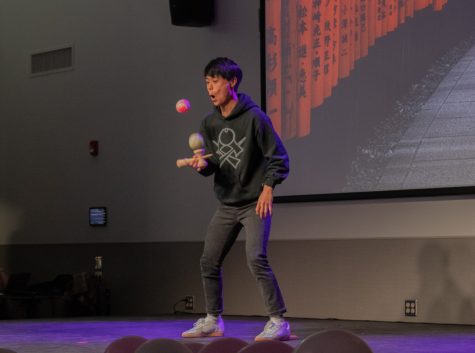
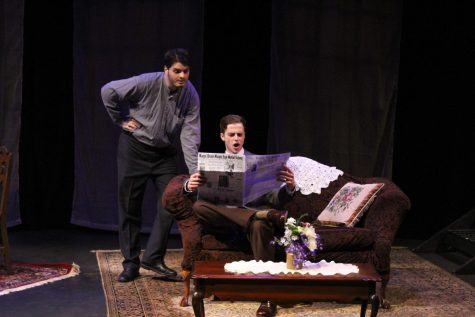
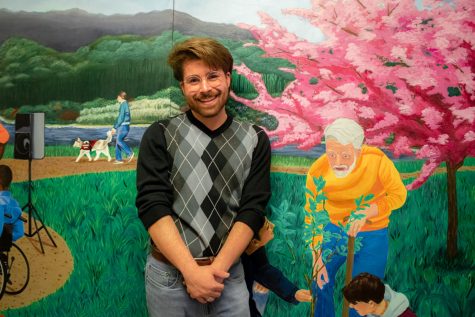
Tom McGregor • Mar 5, 2020 at 12:30 am
Great article Kellen. I look forward to reading many more.